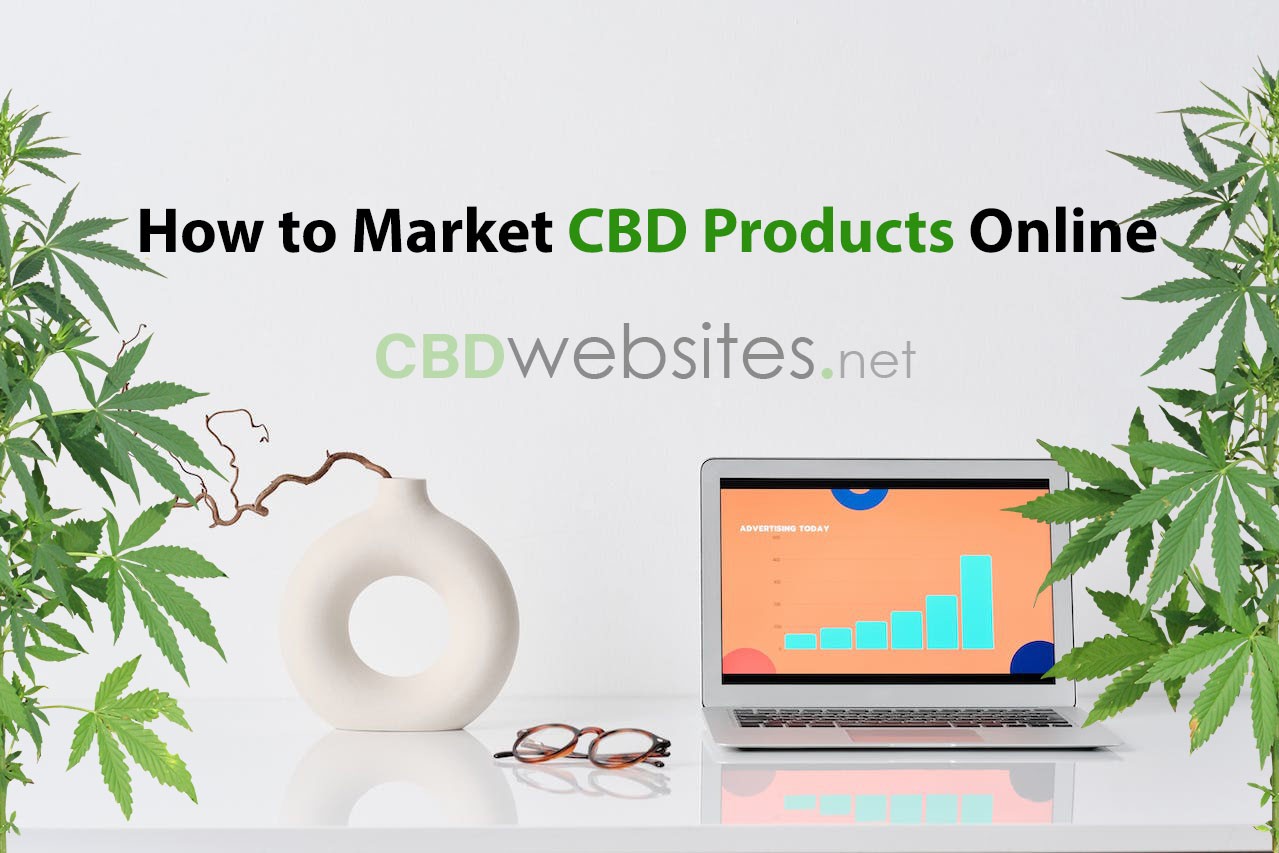A Comprehensive Guide on How to Market CBD Products Online

In recent years, the CBD industry has seen unprecedented growth, and with its increasing popularity, the online market for CBD products has become highly competitive. Crafting a successful online marketing strategy for CBD products requires a unique approach, considering both legal constraints and the ever-evolving digital landscape. In this comprehensive guide, we delve into effective strategies to market CBD products online while ensuring compliance and maximum visibility.
Understanding the Regulatory Landscape
Before diving into marketing strategies, it’s crucial to understand the regulatory landscape surrounding CBD products. Regulations can vary by region, and staying informed about the legal nuances is paramount to building a sustainable and compliant online CBD business.
Building a Solid Online Presence
- User-Friendly Website: Your website is the cornerstone of your online presence. Ensure it is user-friendly, mobile-responsive, and provides a seamless shopping experience. Emphasize transparency by including detailed product information, FAQs, and clear contact details.
- Leverage SEO Best Practices: Optimize your website for search engines to increase visibility. Research and incorporate relevant keywords, create informative content around CBD, and ensure your site is technically sound for search engine crawlers.
Content Marketing Strategies
- Educational Blog Content: Develop an informative blog section on your website to educate your audience about CBD. Address common questions, share success stories, and provide insights into the benefits of CBD. Educational content establishes your brand as an authority in the industry.
- Video Marketing: Leverage the power of video content. Create engaging videos that showcase your CBD products, explain usage, and highlight customer testimonials. Share these videos on your website, social media channels, and video-sharing platforms.
Social Media Engagement
- Strategic Social Media Presence: Establish a strong presence on social media platforms. Tailor your content to the platform – visually appealing images on Instagram, informative posts on Facebook, and concise updates on Twitter. Engage with your audience through comments, messages, and polls.
- Influencer Collaborations: Partner with influencers in the wellness and CBD space. Influencers can provide authentic testimonials and broaden your reach to their dedicated audience. Ensure that collaborations align with your brand values and target demographics.
Email Marketing
- Build a Subscribers List: Encourage website visitors to subscribe to your newsletter. Offer incentives such as exclusive discounts or access to premium content. A well-nurtured email list can be a powerful tool for promoting new products, sharing updates, and fostering customer loyalty.
Paid Advertising Strategies
- Google Ads and Social Media Ads: Explore paid advertising options to increase visibility. Google Ads and social media advertising allow you to target specific demographics. Ensure your ad content complies with platform policies and legal regulations surrounding CBD advertising.
- Remarketing Campaigns: Implement remarketing campaigns to target users who have previously visited your website. This helps keep your brand top-of-mind and encourages visitors to return and make a purchase.
Community Building
- Online Forums and Communities: Participate in online forums and communities related to CBD and wellness. Engage in conversations, answer questions, and subtly introduce your products. Building a positive reputation within these communities can drive organic traffic to your website.
Conclusion
In the competitive landscape of online CBD marketing, success hinges on a combination of compliance, strategic planning, and continuous adaptation to industry trends. By implementing these strategies and staying attuned to the dynamic nature of the CBD market, you can position your brand for online success while navigating the unique challenges of the industry. Remember, a well-executed online marketing strategy is not only about selling products but also about building a community and fostering trust in your brand.
